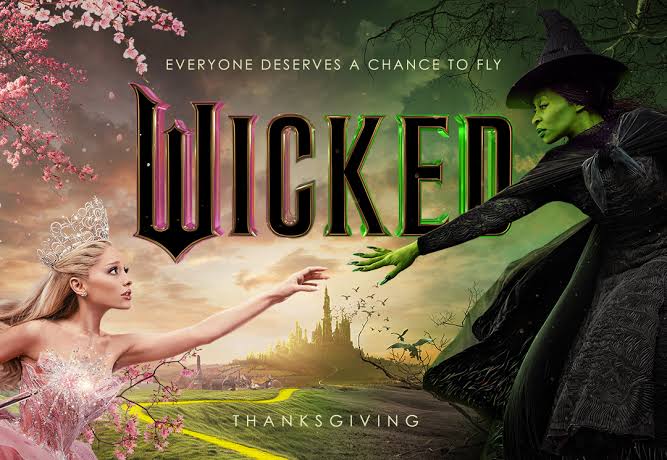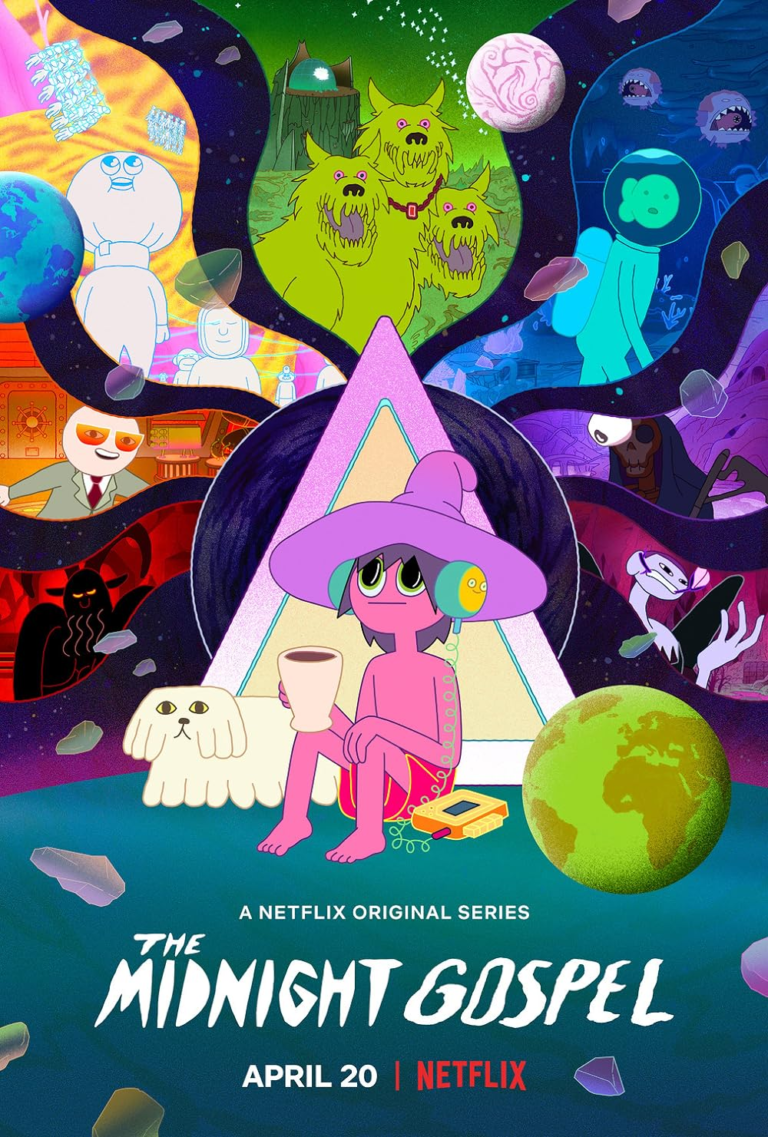Secret Level Christian Review

Tim Miller’s Secret Level is one of those shows that feels like it should be groundbreaking but ends up being, well, complicated. On paper, it’s got everything going for it: an anthology series drawing on the rich worlds of gaming, a visually ambitious approach, and the creative freedom to explore new narratives. But instead of delivering something bold and unforgettable, it stumbles into the realm of “meh,” where potential and execution collide awkwardly. As a Christian viewer, it left me wondering: What’s this trying to say? And why does it feel so empty?
Anthologies: A Mixed Bag by Nature
Let’s talk about the anthology format because, honestly, that’s the elephant in the room. Anthologies are inherently uneven. You’re dealing with different stories, tones, and styles, and they won’t all hit the same. That’s fine—part of the fun is discovering the gems among the mediocrity. But with Secret Level, the inconsistency feels especially jarring.
Some episodes have flashes of brilliance, the kind that make you pause and think, “Okay, now we’re getting somewhere.” Others? They’re like watching someone’s glorified tech demo, all gloss and no heart. It’s frustrating because you can see the potential peeking through, but it rarely gets the chance to shine. As a Christian, I found myself looking for moments of truth or beauty in the chaos—and finding them far too rarely.
Adaptation or Imitation?
Here’s where Secret Level starts to lose its footing: its relationship with the games it’s adapting. Shows like Arcane set the gold standard by taking their source material and building something entirely new—something that transcends the medium it came from. Secret Level doesn’t do that. Instead, it feels shackled to its origins, like it’s too scared to break free and tell its own stories.
Take The Outer Worlds episode, for example. It’s got one of the better scripts in the series, with sharp dialogue and an intriguing premise. But the visuals—especially the human faces—are a mess, pulling you out of the experience. It’s emblematic of the show’s larger problem: a lack of confidence to stand on its own. For a Christian audience, this raises an interesting challenge. How do you honor your roots without being enslaved by them? The Bible offers plenty of stories that build on tradition while pointing to something greater. Secret Level could have done the same but seems content to stay in its lane, even when that lane feels uninspired.
The Grim, the Dark, and the Missing Light
Let’s talk aesthetics because Secret Level leans hard into the grim and the dark. This isn’t inherently bad—darkness has its place in storytelling, especially when it’s used to highlight light. But here, the darkness feels aimless, like a cloud that never breaks.
Some episodes do a good job of setting a mood, creating worlds that draw you in despite their bleakness. Others? They’re just violent, chaotic, and, frankly, kind of exhausting. There’s a sense that the show is more interested in shock value than substance, which feels like a missed opportunity. As Christians, we’re not strangers to dark stories. The Bible is full of them—betrayals, wars, the crucifixion itself. But those stories always have a purpose, a thread of hope running through them. Secret Level often feels like it’s wallowing, with no clear direction or meaning.
When Commentary Falls Flat
Occasionally, Secret Level tries to say something profound about gaming or society. Unfortunately, those attempts tend to feel more like shallow observations than deep insights. The series touches on themes like violence, competition, and the human condition but doesn’t go much further than surface-level musings.
For example, the show could have explored what draws people to gaming in the first place—escapism, connection, creativity. Instead, it seems fixated on the darker sides of the medium, as if that’s all there is to see. It’s a reductive view that feels at odds with the complexity of gaming culture. As a Christian viewer, I was left wondering: Where’s the deeper exploration? Where’s the acknowledgment of the image of God in creativity, even in something like gaming? Without that, the commentary feels hollow.
Flashes of Potential
That’s not to say the series is without merit. There are moments—brief but memorable—where Secret Level captures something special. A strong mood, a clever twist, a visual sequence that lingers in your mind. These moments hint at what the show could have been if it had leaned harder into originality and purpose.
But those flashes are too infrequent to carry the series. It’s like finding a diamond in the rough, only to realize it’s surrounded by a lot of rough. For Christian viewers, these glimpses of potential are bittersweet. They remind you of what art can do when it reaches for something higher but also underline how far short this particular series falls.
The Struggle of the Short Form
Another challenge Secret Level faces is its format. Short-form storytelling can be incredibly powerful when done well, but it’s also tricky. You have limited time to establish your world, develop your characters, and deliver a meaningful story. The best shorts—like parables—are concise and impactful, leaving you with something to chew on long after they end.
Most of Secret Level’s episodes don’t achieve that. They feel rushed or incomplete, like extended trailers for something bigger that never materializes. This isn’t helped by the animation styles, which vary wildly in quality. Some are striking and immersive; others look like video game cutscenes that belong in a different decade. The inconsistency makes it hard to stay invested, especially when the stories themselves often feel thin.
A Christian Lens on Art and Meaning
So, what’s a Christian viewer to make of all this? Secret Level isn’t a show that offers much in the way of spiritual nourishment. Its focus on darkness, violence, and spectacle leaves little room for themes of hope, redemption, or grace. That doesn’t mean it’s without value—there’s something to be said for engaging with art that challenges us, even if it falls short.
But at the end of the day, Secret Level feels like a missed opportunity. It could have been a celebration of creativity, a deep dive into the stories that gaming can tell, or even a thoughtful critique of the medium’s flaws. Instead, it’s a scattered collection of shorts that rarely rise above mediocrity.
Final Thoughts and Rating
For all its ambition, Secret Level struggles to find its footing. It’s a visually varied, occasionally intriguing series that never quite comes together. For gamers, there’s curiosity value here, but for those looking for meaningful storytelling or artistic depth, it’s likely to disappoint.
Rating: 5.5/10
There’s potential buried in the mix, but it’s overshadowed by inconsistency, shallow commentary, and a lack of vision. If you’re a fan of animation or gaming, it’s worth a look—but don’t expect to walk away feeling deeply moved or inspired.





